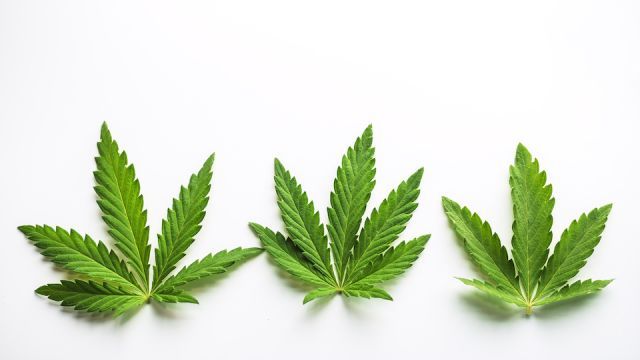
You don’t have to delve very deeply into the health and wellness world to begin hearing about cannabidiol (CBD). This popular “superfood” derived from hemp is driving a multibillion-dollar industry and crushing preconceived negativity about cannabis and other natural remedies. However, if CBD has just popped up on your radar, it can be hard to sort out fact from fiction and figure out why exactly this wonder drug is so great. On one hand, you have the crowd that insists that CBD is the golden secret to living forever, while other extreme lauds its dangers. The truth falls somewhere in the middle. Read on as we crack nine of the top CBD myths circulating today.
CBD can get you high
Um, no. This is one of the greatest myths about CBD and stems from a lack of understanding about what CBD actually is. CBD one of 60 cannabinoids found in the cannabis plant. It is a totally non-psychoactive compound that alters neurotransmitter releases in the brain and acts on nerve receptors. However, the cannabis plant is different from the hemp plant. CBD does not contain THC which is the cannabinoid in cannabis that causes a high.
Though CBD is found in cannabis, hemp-derived CBD oil is the same things and is less legally restrictive.
It is illegal
Thankfully, hemp derived CBD is totally legal. The U.S. Food and Drug Administration allows CBD derived from hemp to be sold over the counter. However, research into the benefits of CBD is minimal, as there are a lot of loopholes that scientists have to go through to research this compound for medicinal purposes. Though its an entirely different plant, hemp is closely tied to marijuna and is having to overcome years to stigmatization.
Because of this lack of acceptance of CBD as a treatment and the scanty government regulation, consumers often only have access to poor quality CBD oil and can rarely find definitive studies surrounding its effectiveness.
It is addictive
As mentioned above, CBD is not cannabis, and it affects a different part of the brain, meaning that CBD is not addictive at all. It does, however, increase your dopamine and serotonin levels making it easier to deal with chronic pain, depression, and other conditions.
Because CBD oil enhances the endocannabinoid system (which controls sleep, inflammation, mood, and more) it can restore balance and stimulate the “feel good” center of the brain without risk of addiction.
It doesn’t effect anxiety
Actually, no. In fact, anxiety management and treatment is one of the most common uses for CBD oil and is an area of acute interest for researchers. It has been shown to have anti-anxiety and antipsychotic properties, but more research is needed to determine appropriate dosing and exposure.
It can cure cancer
Unfortunately, scientists have still been unable to find a cure for cancer and CBD oil isn’t a miracle solution to destroy cancer cells in an instant. However, there is some evidence that shows it may be able to help slow the growth of certain malignant cells.
It has no anti-inflammatory benefits
Wrong again. CBD oil is an anti-inflammatory agent. Chronic inflammation can quickly take over your body and lead to fatigue, joint pain, and a decreased quality of life. CBD oil has actually been proven in a number of studies to decrease inflammation and restore range of movement. Many athletes take CBD to keep their muscles limber and aid in rehabilitation.
It cures diseases
CBD is not a medical wonder that can replace all of the prescription drugs you are taking. Though the research into its medicinal properties is exciting, it is still merely a dietary-supplement and should be treated as such.
It doesn’t have any side effects
CBD oil is still potent and could interfere with medications you are taking. If you are on any prescriptions, it is best to consult your doctor before taking CBD since it can affect some medicines such as anti-depressants and over-the-counter drugs. Always buy from a reputable source and start with a low dosage to identify how your body reacts before increasing the amount you take.
What other CBD myths have you heard? Let us know in the comments below!
-The Alternative Daily

